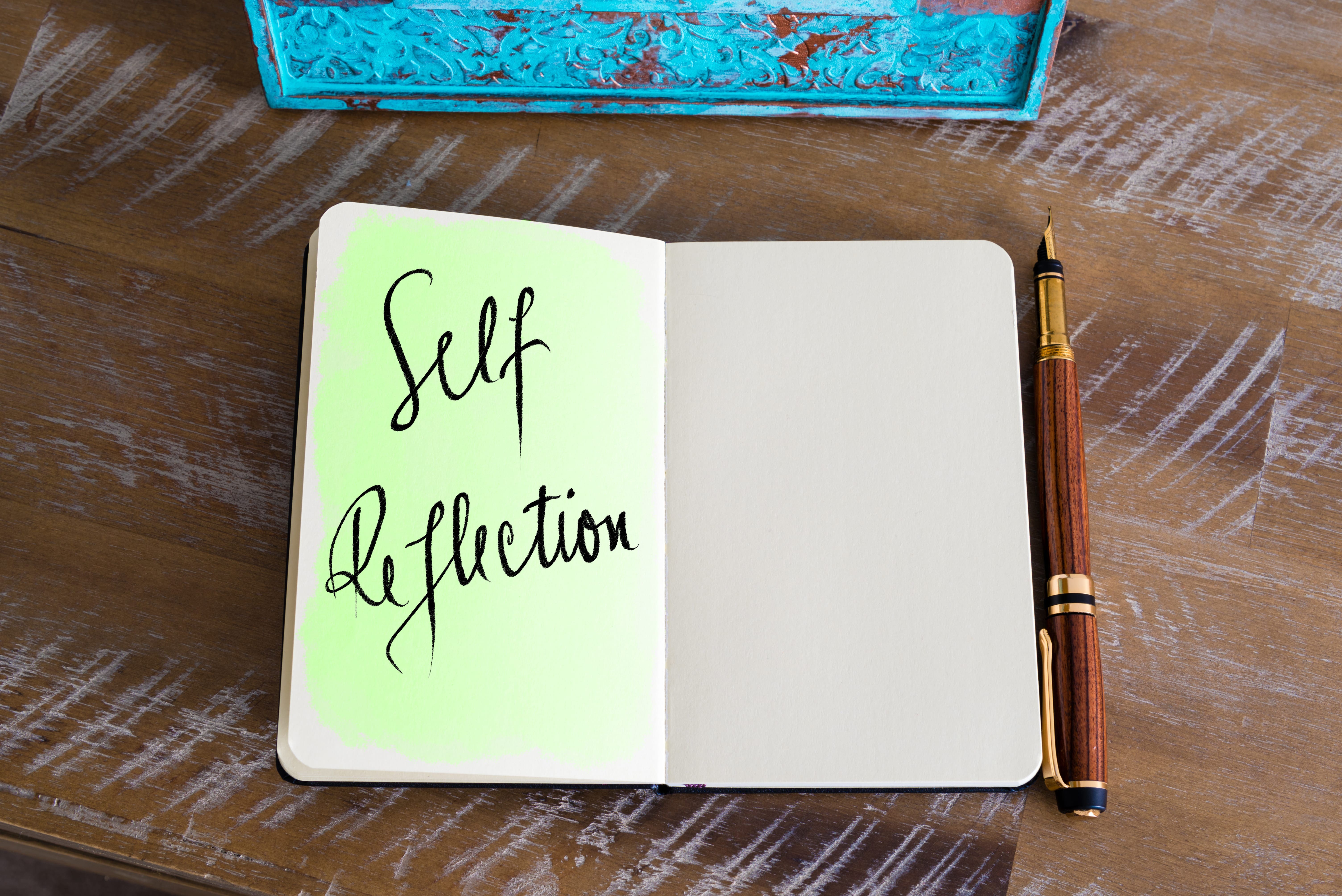
Thus, reflection becomes both a social exercise that supports peer connections and one that promotes an understanding of diverse viewpoints. And perhaps most valuably, they’ll break outside of their set perspectives, informed by their background and identities, to encounter the perspectives of peers with different experiences and social lenses. They’ll likely be challenged (appropriately) to reexamine their own conclusions or have their opinions further solidified. Group or partnered reflection exercises provide students with unique opportunities to engage with one another about the learning process. And a 2014 study by Harvard Business School faculty found that reflecting on one’s work improves job performance! Students can engage with each other Self-reflection activities in campus programming might inspire students to reflect on their study routines, test-taking skills, and writing habits. Getting into the habit of reflection after learning can translate to the classroom and the workplace. But much like apple-eating makes for a healthy habit with potential long-term benefits, so does reflection. Students can develop the habit of self-reflection and apply to their academics & careerĪs my grandma always used to say “An apple a day keeps the doctor away, and a reflection a week keeps you at your peak.”įine, ok, she never said that. After all, co-curricular opportunities are helping to improve their workforce readiness - which the great majority of students say is a primary motivator for their decision to pursue a degree in the first place. Understanding the value of learning outside the walls of an academic building should keep students coming back for more. They can understand that your program didn’t needlessly take away from their precious study time rather, they gained invaluable skills that will help them excel inside the classroom!
#Personal reflection free
Reflection can help students see that they got more out of an event than free pizza. Students will understand the value of co-curricular learning For example, a student who’s engaged in reflection through their time as an orientation leader should be able to explain how that leadership role helped shape them as an outstanding team player or boosted their communication skills.
#Personal reflection how to
Plus, they’ll also learn how to share their development journeys, connecting lines on their resumes to the job description. Through continuous reflection (especially verbal group exercises), students will be able to name, define, and elaborate on their skills. Fortunately, self-reflection gives students training in doing exactly that. Having impressive skills is actually not-so-impressive if students can’t articulate their qualifications when it matters most. Students can better articulate their skills to employers In doing, they’ll not only feel proud of their growth but they’ll also gain insight into what learning styles and processes work best for them. Self-reflection allows students to see how they’ve gotten from point A to point B. The Benefits of Reflection Students can better understand their own development

Then, I’ll review reflection methods to hopefully help you remember that reflection doesn’t have to just be one question tacked on to the end of programming it can be so much more dynamic and ongoing than that!Īll told, I hope that this post will inspire you to make reflection your friend - a trusty, rewarding process that you’ll be pumped (and unintimidated) to guide students through every time.

In this post, I’ll talk you through additional benefits of reflection - for individual students, for the student affairs professionals planning each program, and even for the institution as a whole. So, after you guide students through a concrete experience (or empower them to take one of their own), reflection is crucial to solidifying their learning and making the experience part of their wider, ongoing development journey. active experimentation: what do I do next?.reflective observation: what did I experience?.Kolb asserts that effective learning involves a four-step process: experiencing, reflecting, thinking, and acting - in that order.Įach step can essentially be boiled down to four simple questions: Perhaps you learned about modern educational theorist David Kolb and his experiential learning cycle in grad school. Reflection isn’t just a nice-to-have process it’s a critical part of the learning cycle!
#Personal reflection full
Those strategies are both a decent start, but they don’t pay full due to the importance of reflection. Or maybe, upon noticing that your program time will be up in two minutes, you quickly ask for a student volunteer to summarize what everyone has collectively learned. Perhaps you have the standard one or two questions you ask students to respond to at the end of discussion-based events. Reflection is often slapped on to campus programming at the very last minute.


 0 kommentar(er)
0 kommentar(er)
